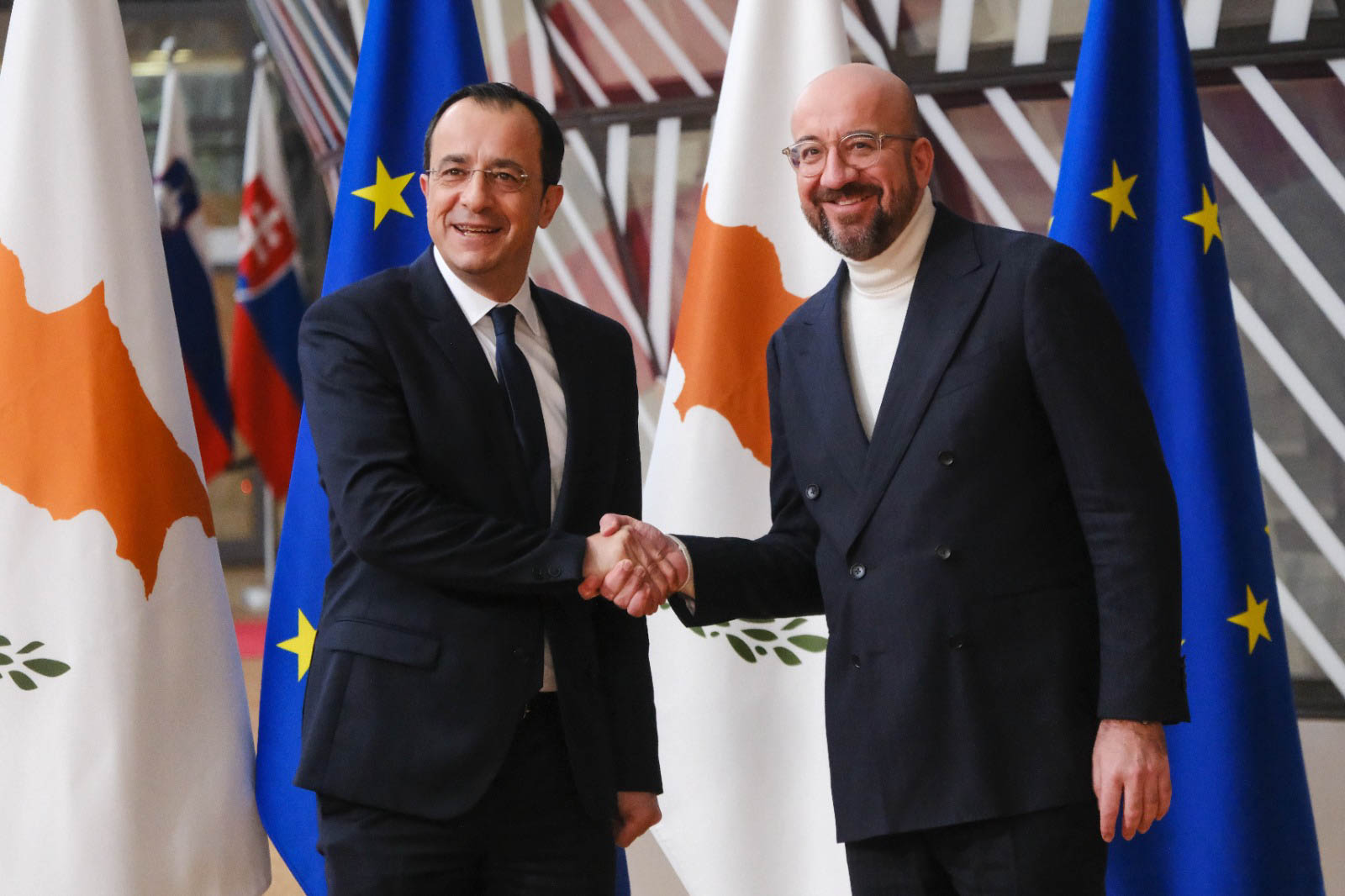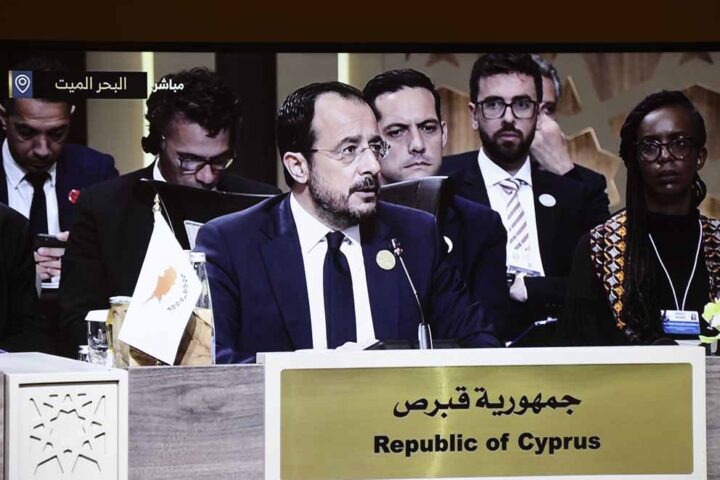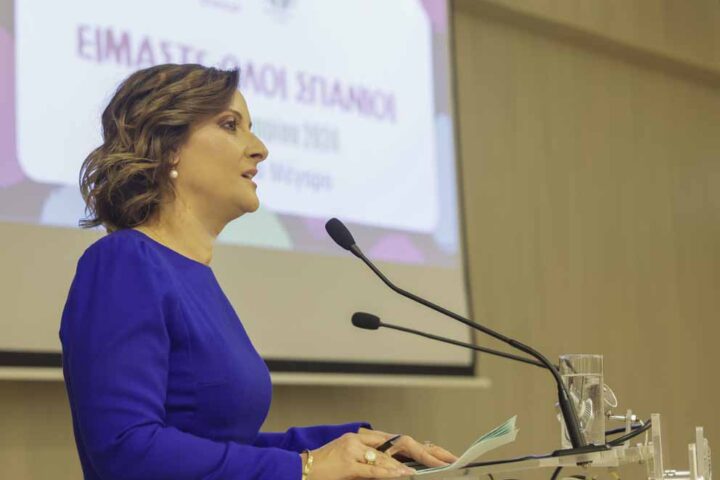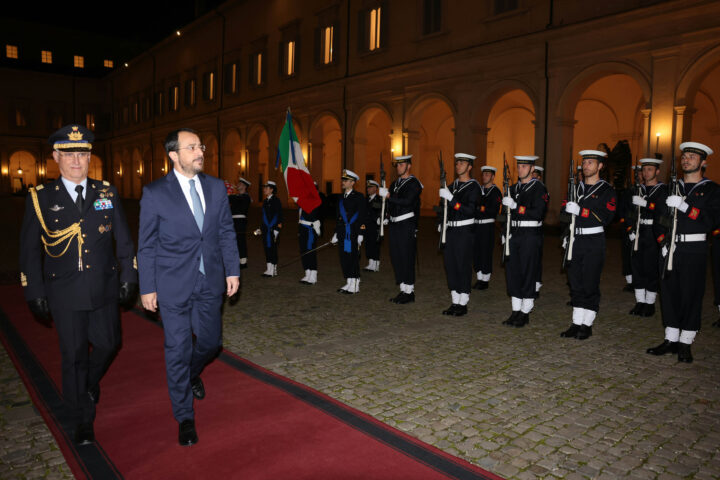The best way to get the European Union on board in a final push to help resolve the ‘Cyprus problem’ would be to regain the trust of our EU partners, some of whom remain unconvinced about Nicosia’s true loyalties.
Doubts still linger as Cyprus hesitated to take sides in the Russia-Ukraine conflict, but eventually, the common line prevailed.
As Cyprus was not too enthusiastic about suspending the ‘golden passports’ programme, and this only after an embarrassing exposé by Al Jazeera forced the resignation of the former House Speaker, our credibility remains in limbo.
Talk of our energy exploits and yet-to-materialise discoveries were supposed to boost our relations with neighbours.
But delays in cross-border agreements, despite the flurry of bilateral and trilateral deals, resulted in little, apart from commitments for cooperation.
Economic diplomacy was the new model adopted by the previous administration, with none other than the incumbent President and then-Foreign Minister at the helm.
New friendships were cultivated in defence cooperation, but no matter how hard we tried (or seemed to), these never matured into full-blown alliances, and Nikos Christodoulides knows this all too well.
And to top it all, Cyprus’ only real benefit from Greece during the past few years was a hand-me-down jet plane.
New diplomatic missions were announced, the result of efforts not only of the new presidency but years in the making.
Rumours are rife that some posts will be filled out of electoral obligations to the president’s supporting coalition partners, disregarding merit or the necessity to appoint competent diplomats with critical negotiating skills.
There is no doubt that we need more diplomatic missions, especially in ‘hostile’ territories, where Turkey has the upper hand due to its economic and military might and religious influence.
With relations between Ankara and its former adversaries, such as Israel and Egypt, rapidly on the mend, Cyprus cannot afford to stay on the sidelines as a bystander.
The eastern Mediterranean is fast developing into a new geopolitical theatre, mainly due to its strategic importance as regards energy security of supply to continental Europe, which wants to disengage from its long dependence on Russia.
Cyprus cannot afford aircraft carriers or smart weapons.
Still, it can manoeuvre itself in the diplomatic world with much give-and-take, looking after the interests primarily of our EU partners and our Middle East neighbours, with the “plus one” addition of the United States of imperative importance.
A smile and a handshake are not enough.
Quick decisions are needed, and contingency plans put in place.
For once, Cyprus should become proactive and not reactive.
And the best representatives must be the smart appointments of quick-thinking diplomats in as many countries and new missions as possible.










